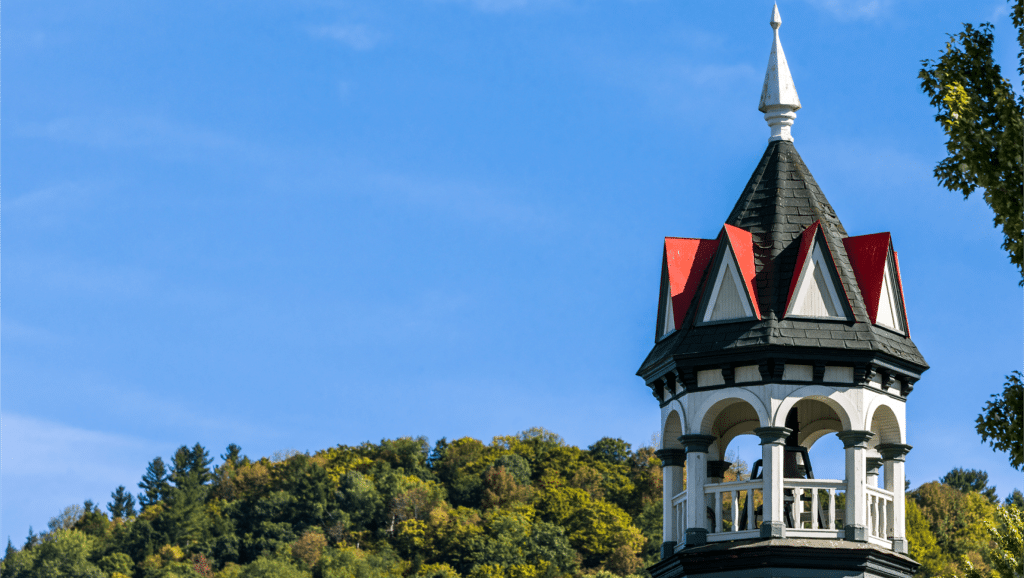
Summer Session at Vermont Law and Graduate School
Summer Session
Expand your knowledge this summer in beautiful Vermont. Summer Session at Vermont Law and Graduate School offers a flexible schedule of law and policy courses with 2-week, 1-week, and one-weekend-only formats.
Learn from outstanding scholars and practitioners. Explore issues in clean energy, climate change, land use, animal protection, sustainable food and agriculture, and restorative justice. All Summer Session courses are available for JD or graduate transfer credit. Lifelong learners such as practicing attorneys, state and federal agency personnel, teachers, journalists, and citizen advocates may audit classes. Upper-level undergraduate students may take classes with the permission of the program director. Fill out the VLGS Summer Session application to apply.
One-Week Courses Include
Monday, June 23 – Thursday, June 26
- Restorative Justice Facilitation
Monday, July 7 – Thursday, July 10
- Federal Environmental Policy Under Trump II
- Renewable Energy Development
- The Rights of Nature
Monday, July 14 – Thursday, July 17
- International Climate Litigation
- Prosecuting Environmental Crimes
Monday, July 21 – Thursday, July 24
- Global Environmental Governance
- Introduction to the Farm Bill
- Restorative Justice Theory and Practice
Monday, July 28 – Thursday, July 31
- Animal Welfare Science and Ethics
- Intro to Global Energy Law and Policy
- Reckoning with Legacies of Harm
Weekend Intensives Include:
Thursday, May 29 – Sunday, June 1
- Animal Undercover Investigations
- Food System Equity and Critical Race Theory
Friday, June 20 – Sunday, June 22
- Offshore Wind Permitting
- Farmworkers and the Law
Environmental Courses
View the Summer Catalog for the list of environmental law summer courses, course descriptions, and summer faculty. Discover more about our Environmental Summer Session, such as our Hot Topics Lecture Series in Environmental Law!
Restorative Justice Courses
Legacies of Harm
Drawing from cases around the globe, this course, taught by an expert in transitional justice, examines the approaches, considerations, dilemmas and tradeoffs societies and countries face when reckoning with legacies of mass atrocity stemming from conflict, repressive regimes, or long-term structural discrimination.
Instructor: Virginie Ladisch
This course, taught by the Chief Judge of the Penobscot Nation Tribal Court, explores the roots of indigenous peacemaking and highlights the differences between the peacemaking response to harm and the predominant responses in this country by engaging the class in both a peacemaking and a traditional trial to resolve a hypothetical dispute.
Instructor: Chief Judge Eric Mehnert
RJ Facilitation
This course, taught by a highly skilled RJ practitioner, will introduce you to facilitating a restorative justice conference and explore the complex dynamics involved in working with responsible and harmed parties.
Instructor: Becky Penberthy
RJ Theory & Practice
This highly participatory course, taught by a national leader in RJ, explores restorative justice and the ideas that form its foundation, questions its strengths and shortcomings, and investigates opportunities to put the theory into practice.
Instructor: Erika Sasson
Summer Session Application and Registration
Who is eligible?
These are graduate-level courses; normally, only those with undergraduate degrees will be considered for registration. However, undergraduate students may enroll with the director’s permission. Law and graduate students currently enrolled at other institutions are eligible. Credits transfer at the discretion of the receiving school. Check with your institution if they will accept transfer credits from VLGS. Class registration is subject to approval and capacity limits.
Non-Degree Students or Transfer Credit
If you are interested in taking classes as a non-degree student or to transfer credits to your home institution, fFill out the Summer Session application here.
Once your application has been submitted and approved, you will receive an email confirming the
setup of a personal VLGS account and providing instructions on how to access this account. You will need this to register for classes. Use your VLGS email to contact registrar@vermontlaw.edu to notify the Registrar which classes you want to take this summer.
The per credit rate for non-degree-seeking students who wish to audit is $400. For non-degree-seeking students who want transcript credit, the rate is $1,450 per credit.
Plan Your Summer
Vermont Law and Graduate School (VLGS) is located on the banks of the scenic White River in South Royalton, Vermont where hiking, swimming, tubing, and biking are among the many outdoor activities. Students can also enjoy dining, art, entertainment, and other cultural attractions available nearby in towns such as Montpelier, Burlington, Woodstock, and Hanover, NH. Summer housing is available on campus and in the surrounding towns.
Check out the following helpful links.



